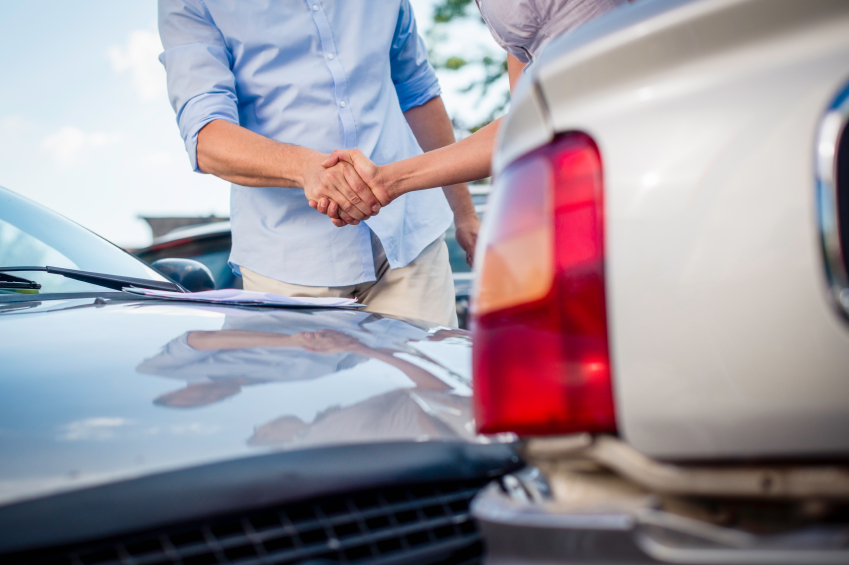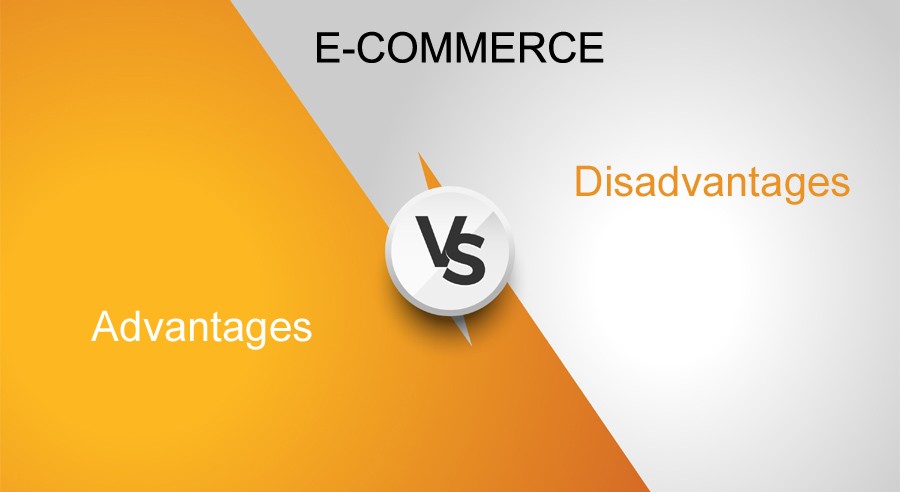
Insight into Local Insurance Requirements: A Guide for Policyholders
Navigating the world of insurance can be challenging, especially when trying to understand the specific requirements in your locality. Insurance needs can vary significantly depending on where you live, with different regions and jurisdictions having their own unique rules, regulations, and coverage mandates. Whether you’re buying a new home, starting a business, or simply trying to protect your personal assets, understanding local insurance requirements is crucial.
In this blog post, we’ll explore the essentials of local insurance regulations and offer some insights on how to stay compliant while ensuring you’re fully covered.
Why Local Insurance Requirements Matter
Local insurance requirements are shaped by factors such as geography, legal frameworks, and community needs. For example, a region prone to natural disasters like hurricanes or floods will have different insurance considerations than one with a more stable climate. Similarly, areas with higher crime rates may require more comprehensive home or business insurance coverage.
Local governments often mandate certain types of insurance to ensure both public safety and personal protection. For instance:
- Auto Insurance: Most states or countries require drivers to carry a minimum level of auto insurance, including liability coverage for bodily injury and property damage.
- Homeowners Insurance: While homeowners insurance is not always legally required, mortgage lenders usually insist on it to protect their financial interest in your home.
- Business Insurance: Many localities mandate that businesses carry specific types of insurance, such as workers’ compensation or liability insurance, to safeguard employees and customers.
Understanding these requirements is essential for compliance and avoiding potential fines or legal issues.
How to Find Local Insurance Requirements
Finding the specific insurance requirements for your locality can be a straightforward process if you know where to look. Here are a few resources you can tap into:
- State or Local Government Websites: Many local government websites have sections dedicated to business regulations, driving laws, and other areas where insurance requirements may apply.
- Insurance Department Websites: In many places, the Department of Insurance (or its equivalent) is a government body that provides guidance on state-specific insurance regulations.
- Consult Local Insurance Agents: Licensed insurance agents who operate in your region are well-versed in local laws and can offer personalized advice on the coverage you need to comply with local rules.
- Industry Associations: Associations specific to your industry, such as the National Association of Insurance Commissioners (NAIC) or local equivalents, often provide guidance on insurance policies and mandates.
Common Types of Local Insurance Coverage
Here’s a breakdown of some common types of insurance that may be required or recommended depending on your location:
- Auto Insurance: Most states in the U.S. and many countries require at least some form of liability coverage. However, in no-fault states, drivers may also need personal injury protection (PIP).
- Homeowners and Flood Insurance: While homeowners insurance is a common requirement for mortgage holders, flood insurance may also be necessary in regions prone to flooding. Check if you’re in a designated flood zone, as this can greatly affect your coverage needs.
- Renters Insurance: Some cities and states have policies that require landlords to ensure their tenants carry renters insurance. This coverage protects personal property and provides liability coverage in rental properties.
- Business Insurance: Entrepreneurs must comply with various local insurance mandates, from general liability to workers’ compensation insurance, depending on their industry and region. Understanding local requirements can help avoid penalties and lawsuits.
- Health Insurance: Although health insurance requirements are primarily governed by federal law in many countries, some states or regions offer additional programs or have specific mandates. For example, in the U.S., Massachusetts has its own health insurance regulations beyond the federal Affordable Care Act.
How to Stay Compliant
Here are a few strategies to ensure you stay compliant with local insurance requirements:
- Stay Updated: Insurance regulations can change frequently, especially in response to new legislation or emerging risks. Make sure you’re staying informed by subscribing to local news updates, industry publications, and notifications from your insurance provider.
- Work with a Local Broker: Local insurance brokers or agents can help you navigate the complexities of regional insurance laws. They can offer valuable insight into the coverage you need to meet your legal obligations while also providing protection for your unique situation.
- Tailor Your Coverage: It’s important to customize your insurance coverage based on both local regulations and your personal or business needs. While meeting minimum legal requirements is essential, additional coverage may be necessary to fully protect yourself or your business.
Understanding local insurance requirements is a critical aspect of protecting your personal and business assets. By staying informed about regional regulations and seeking expert advice, you can ensure that your coverage is both compliant and sufficient to safeguard against risks. Whether you’re a homeowner, driver, or business owner, taking the time to understand and fulfill local insurance mandates can save you from costly fines, penalties, and unforeseen liabilities in the long run.







